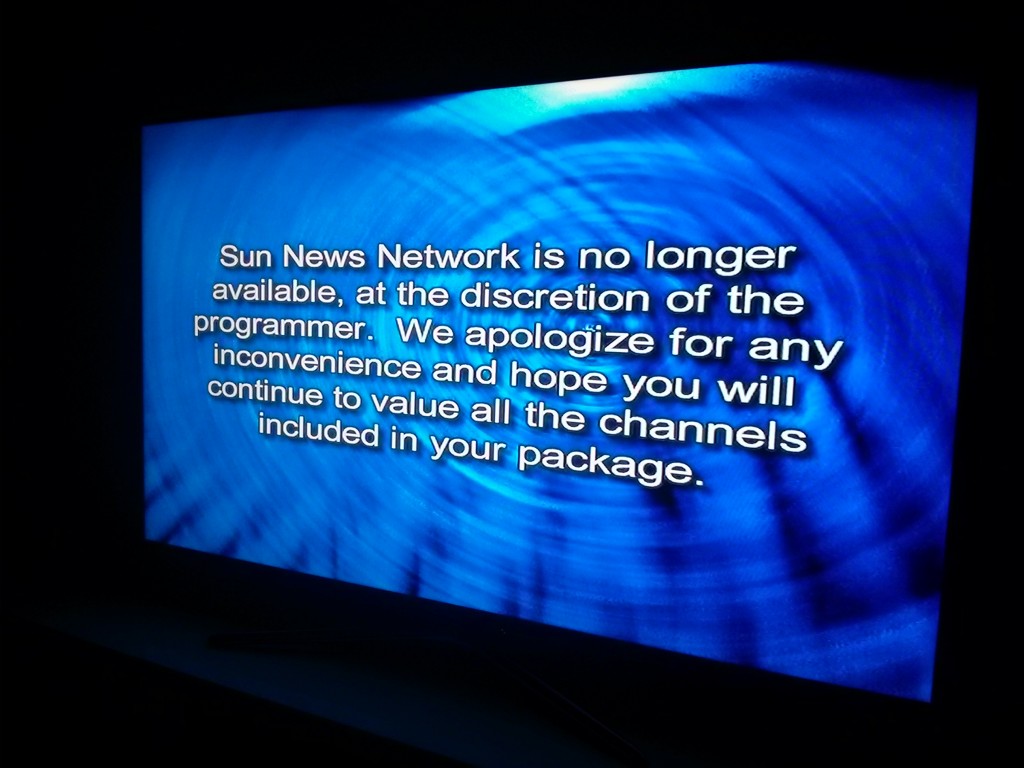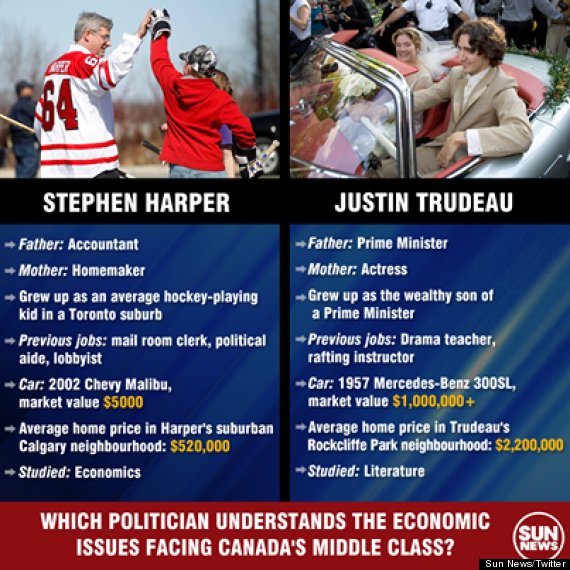Over the past few weeks I’ve been reading all the books that have been selected as finalists for the Shaughnessy Cohen prize for political writing (not including my own), and writing up my reactions — mainly to promote conversation. Today we have Naomi Klein’s This Changes Everything: Capitalism vs. The Climate.
Readers of this blog may know that I’ve been having an entirely one-sided argument with Naomi Klein for over 10 years now (since the publication of the book that I co-wrote with Andrew Potter, The Rebel Sell, which despite having only 5 pages or so criticizing Klein, was widely seen as a “response” to No Logo). It is certainly the case that I have spent years of my life trying to get the left in Canada to stop writing books like the ones that Klein writes. As a result, the success of This Changes Everything represents, in a very real sense, the failure of one of my more important life projects.… Continue reading



